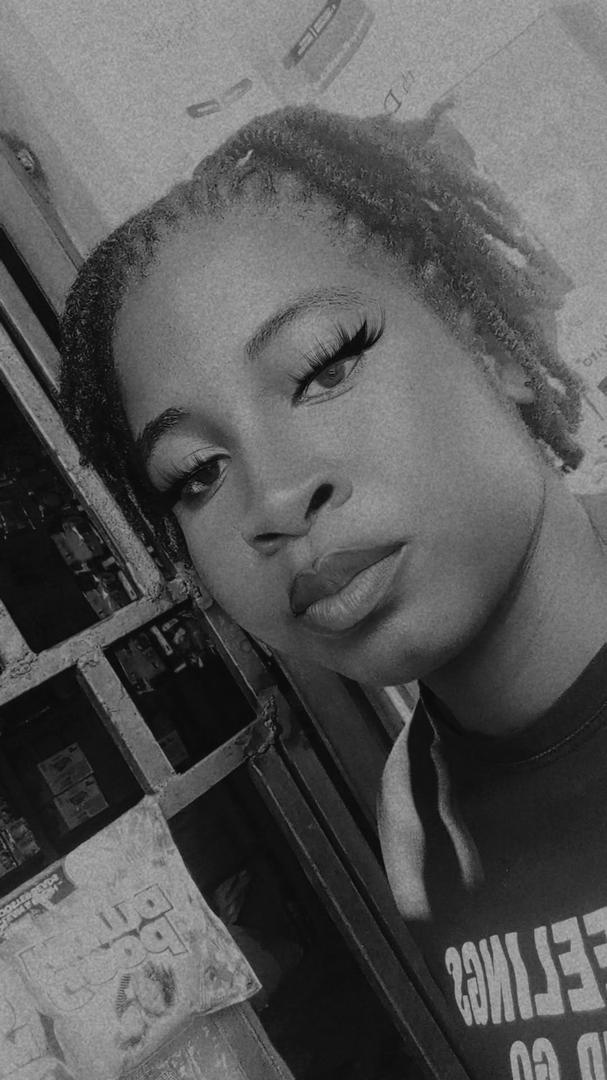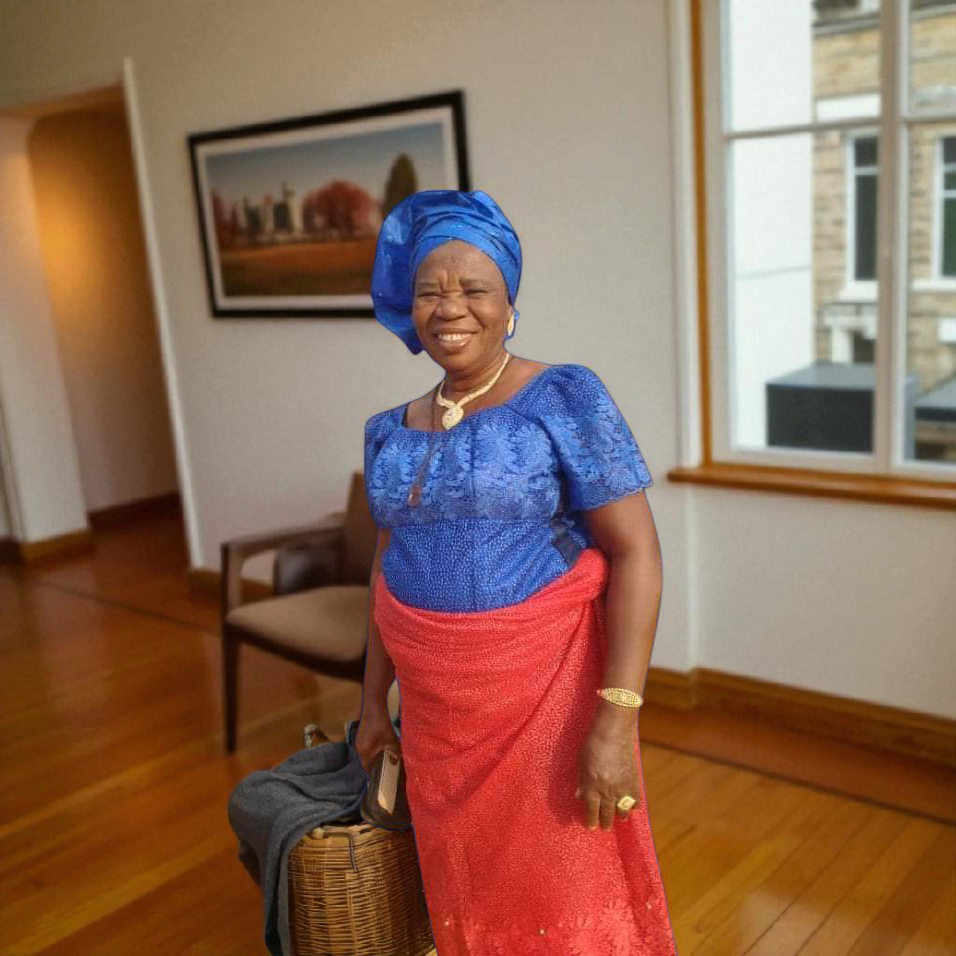Sponsored Advertisements
Fidelity Bank’s Big Bet: 7 Things Investors Need to Know About Its Recapitalisation Play
Leave a Reply
New Discussions
-
💚 TONIGHT ON KONNECT: THE REVOLUTION HAS BEGUN 🚀

Angelic Beauty
3 mins ago00 -
PRAYER THAT DESTROYS SATANIC-SPONSORED DREAMS

Michael
7 mins ago00 -
My journey to freelance: "Continuation 9"

Penvibe
22 mins ago00 -
PRAYER THAT DESTROYS REPRODUCTIVE ORGAN DISEASES

Michael
27 mins ago00 -
THE DAY I MISSED MY FIRST ONLINE EARNINGS.

Oscar
28 mins ago00













Foxnews
58 days agoFidelity Bank’s Big Bet: 7 Things Investors Need to Know About Its Recapitalisation Play
Fidelity Bank isn’t just raising money—it’s rewriting the playbook on how Nigerian banks scale in a tough economy. While rivals are still scrambling to meet the CBN’s ₦500bn recapitalisation mandate, Fidelity is already miles ahead. Here’s the breakdown for savvy investors and curious market watchers:
1. The First Mover Advantage
When the CBN dropped its recapitalisation bombshell in March 2024, most banks paused. Fidelity moved. Fast. By June, it launched a Public Offer + Rights Issue combo, becoming the first Nigerian bank to test fresh waters on the NGX.
Result? A record-breaking ₦175.9bn raised in Phase 1—and the bank’s capital adequacy ratio shot up to a healthy 23.5%.
2. Investors Couldn’t Get Enough
Oversubscription tells you everything about market sentiment. Fidelity’s offer was a feeding frenzy:
Public Offer oversubscribed by 237.9%
Rights Issue oversubscribed by 137.7%
Translation: investors are betting big on Fidelity’s next chapter.
3. Shares Are Already Up 116%
If you got in at the offer price—₦9.75 (Public Offer) or ₦9.25 (Rights Issue)—you’re smiling today. As of August 29, 2025, Fidelity trades at ₦21.30, more than doubling value.
And with a ₦1.07tn market cap and a price-to-book ratio above 1, Fidelity now joins the elite club of Nigerian banks valued above their asset base.
4. Leadership Is Hungry for More
Fidelity isn’t playing it safe. PBT surged 210% YoY in 2024 to ₦385.2bn. Now, management is chasing ₦500bn in profits for 2025 while scouting for regional acquisitions to expand faster.
This isn’t just survival under CBN rules—it’s market domination strategy.
5. Dividend Lovers, Take Note
If you like income stocks, Fidelity is your friend. With a 13.4% dividend yield in 2024 (and three years of double-digit payouts), the bank has become one of the most reliable cash-return machines in Nigerian banking.
Analysts expect 2025 to deliver more of the same.
6. Safer Balance Sheet, Stronger Growth
Bad loans? Under control. Fidelity’s NPL ratio dropped to 3.1% in 2024 (from 3.5%), with management targeting 3.0% in 2025. Retail deposits are booming—up nearly 48% YoY—and low-cost funds now make up the bulk of its ₦5.9tn deposit base.
That’s stability in a market where shocks are constant.
7. The Bigger Picture
Fidelity isn’t just raising cash—it’s expanding its shareholder base to over 500,000 investors, making it one of the most democratically owned banks in Nigeria. Strong governance + broad ownership = less risk of dominance by a single bloc, and better long-term valuation.
The Bottom Line:
While some banks are still drawing their recapitalisation roadmaps, Fidelity is already cashing in on being a first mover. With strong leadership, booming profits, oversubscribed offers, and a loyal shareholder army, the bank has positioned itself not just to survive 2025—but to lead it.
For investors, Fidelity isn’t just another stock—it’s a case study in how bold strategy + solid execution = wealth creation.